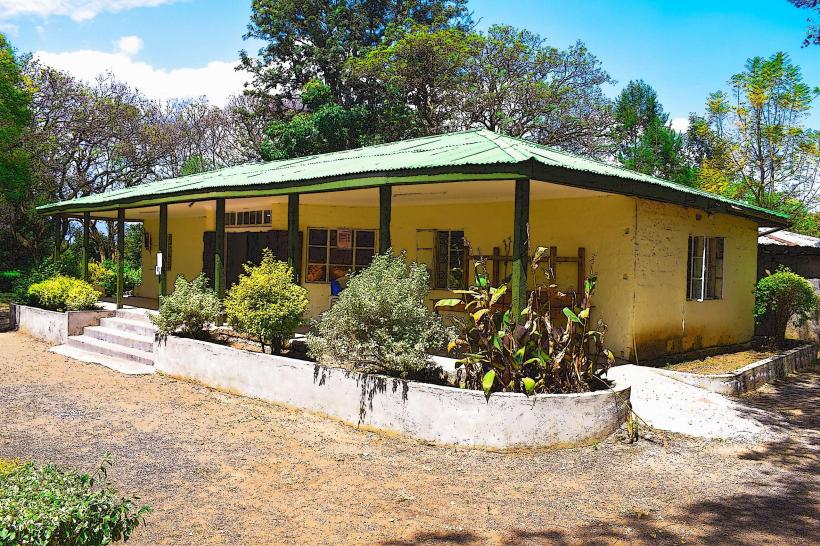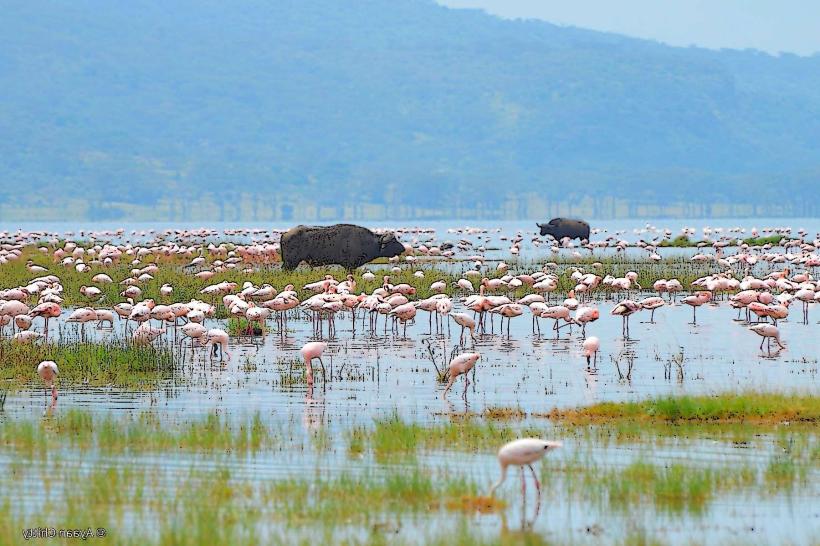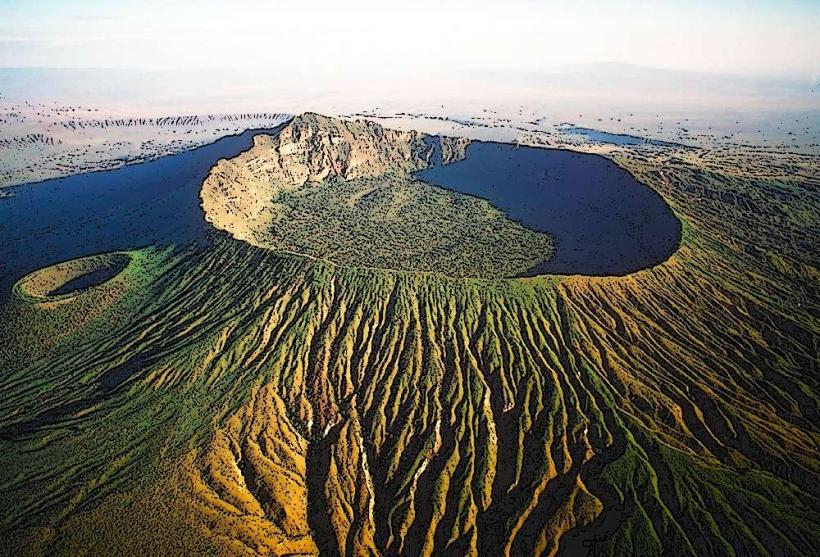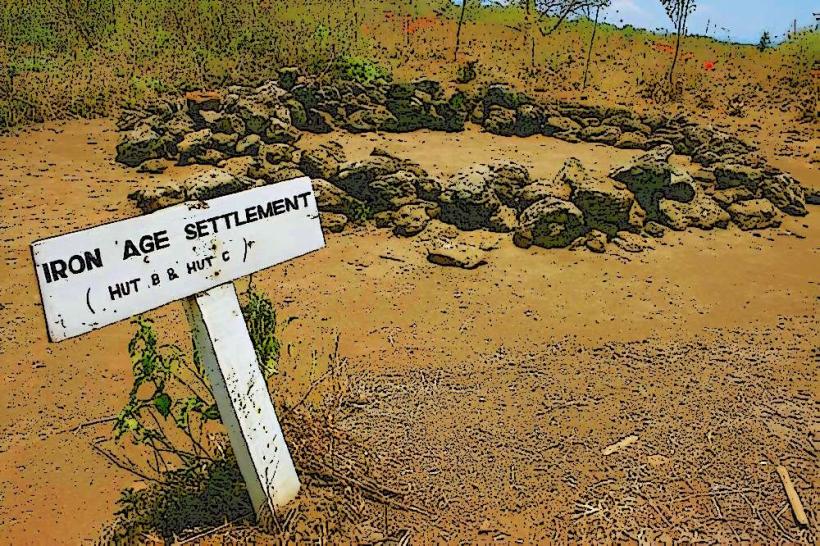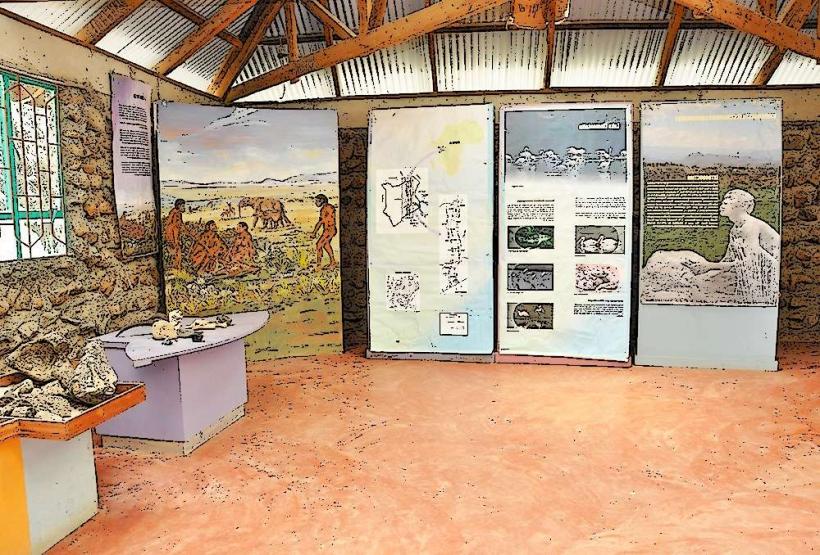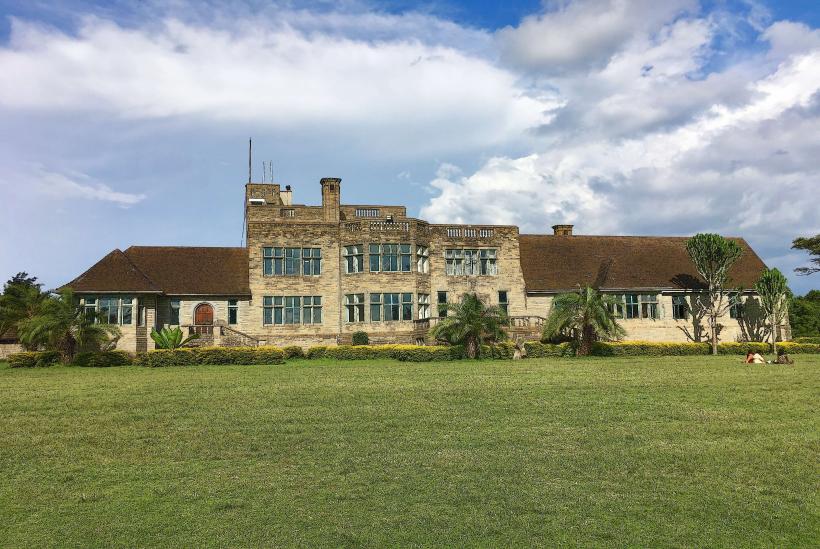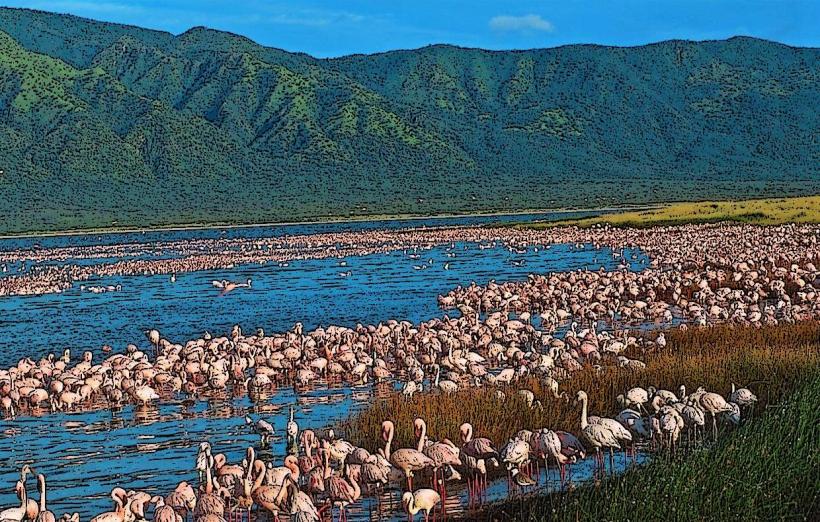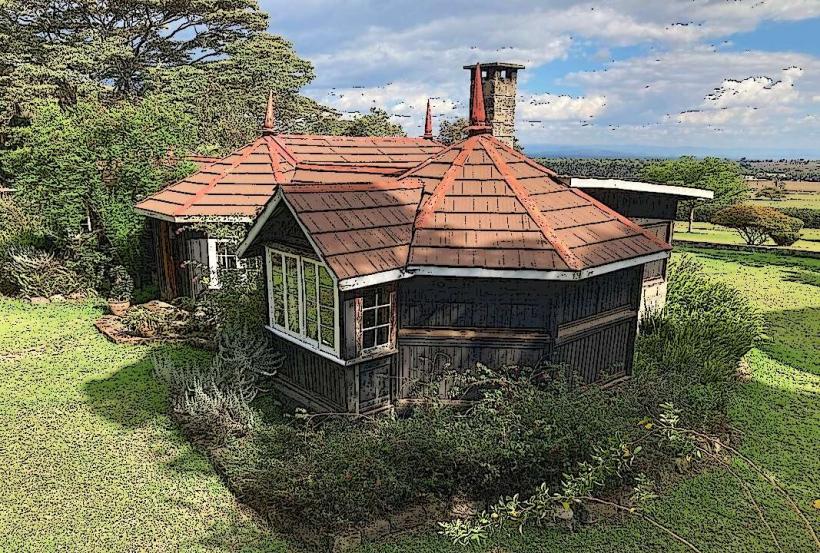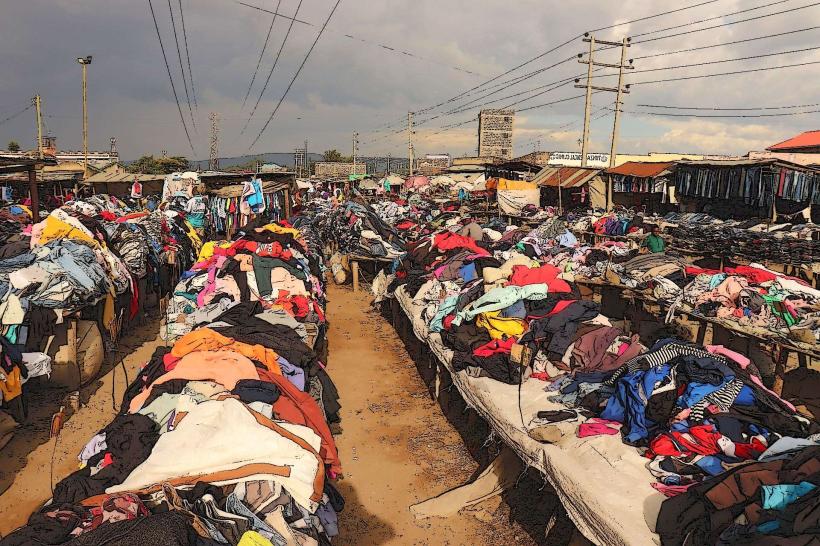Information
City: NakuruCountry: Kenya
Continent: Africa
Nakuru, Kenya, Africa
Nakuru is a city in the Rift Valley Province of Kenya, located about 160 kilometers (99 miles) northwest of Nairobi, the capital city. It serves as the administrative and commercial center of Nakuru County and is one of the largest cities in Kenya. Known for its scenic landscapes, rich history, and proximity to notable national parks, Nakuru is an important hub for both local and regional development.
Geography and Climate
Nakuru lies at an altitude of about 1,850 meters (6,070 feet) above sea level, giving it a moderate climate. The city experiences a temperate climate, characterized by cool evenings and mild temperatures throughout the year. The rainy season typically occurs between March and May and again from October to December, with temperatures ranging from 14°C to 26°C (57°F to 79°F).
The surrounding area is dominated by the Great Rift Valley, and Nakuru is strategically situated near Lake Nakuru, a saline, alkaline lake known for its birdlife, particularly flamingos. The landscape includes both expansive flatlands and hilly terrain, which makes it an attractive place for agriculture.
Economy
Nakuru’s economy is largely driven by agriculture, trade, and tourism. The fertile soils around Nakuru support the cultivation of crops such as maize, wheat, tea, and flowers. Nakuru is also known for its floriculture industry, with large flower farms that supply both local and international markets. The city is a key player in Kenya’s flower export business, particularly roses.
Trade is another important sector, with Nakuru serving as a major trading center for agricultural products. The city has a growing manufacturing sector, including food processing, textiles, and cement production. Nakuru is also a transport hub, with good road and rail connections that facilitate the movement of goods and services across Kenya.
Transportation
Nakuru is well connected to other parts of Kenya through its road network, including the Nairobi-Nakuru highway, which is one of the busiest routes in the country. The city is also served by a railway line linking it to Nairobi, and it lies on the Nairobi-Kisumu rail route.
Public transportation is abundant, with matatus (minivans) and buses being the primary modes of travel within the city and to neighboring towns. Although Nakuru has no major airport, it is relatively close to Nairobi, which is accessible by car or bus.
Demographics
The population of Nakuru has been growing rapidly, reflecting its status as a significant urban center. With a population of over 500,000, the city is ethnically diverse, home to people from many of Kenya's ethnic groups. However, the Kikuyu, Kalenjin, and Luo communities are the most predominant.
Nakuru is also an important educational center, with a range of primary and secondary schools, as well as institutions of higher learning, including the Egerton University, which is located in the outskirts of Nakuru. The university is one of Kenya's oldest agricultural universities and contributes to the city's intellectual and cultural vibrancy.
Education
Nakuru boasts several institutions of higher learning, with Egerton University being the most notable. It is renowned for its focus on agriculture, environmental sciences, and education. The city also has numerous primary and secondary schools, both public and private, providing access to education for its growing population.
In addition to formal education, Nakuru offers various vocational training centers, equipping young people with skills in sectors such as technology, business, and healthcare. The government continues to focus on improving educational access, especially in rural areas around Nakuru.
Healthcare
The healthcare system in Nakuru includes both public and private institutions, with the Nakuru Level 5 County Referral Hospital being the largest public facility in the city. The hospital offers a wide range of medical services, including specialized care. There are also numerous private hospitals and clinics providing medical attention for various needs.
Like many parts of Kenya, healthcare access in Nakuru is improving, though there remain challenges in the availability of specialized care, particularly in the more remote areas. The local government continues to invest in health infrastructure to meet the needs of the growing population.
Social and Cultural Life
Nakuru has a rich cultural and social life, influenced by its diverse communities. The city hosts a variety of events throughout the year, including cultural festivals, sports events, and music performances. Nakuru is also known for its vibrant market scene, with local markets offering a wide variety of goods ranging from agricultural products to handmade crafts.
The Kikuyu, Kalenjin, and Luo people in Nakuru celebrate their traditional dances, music, and festivals, adding to the cultural diversity of the city. The city's growing population also means that modern entertainment, such as movie theaters, shopping malls, and restaurants, are becoming more common.
In terms of food, Nakuru's local cuisine includes staples like ugali (a maize-based dish), sukuma (collard greens), and nyama choma (grilled meat). The proximity to Lake Nakuru also means that fish, particularly tilapia, is a popular dish in many restaurants and homes.
Tourism
Though Nakuru is a key urban center, it is also a popular destination for tourists due to its proximity to Lake Nakuru and several national parks. Lake Nakuru National Park, which is a UNESCO World Heritage Site, is known for its rich birdlife, including flamingos, pelicans, and other migratory species. It is also home to a variety of wildlife, including white rhinos, lions, and giraffes.
The region surrounding Nakuru also offers a variety of natural attractions, such as hiking trails and hot springs, making it an attractive destination for both local and international tourists.
Challenges and Development
Nakuru, like many rapidly growing cities, faces challenges related to urbanization. The city’s infrastructure, including roads, water supply, and sanitation, has struggled to keep up with the population growth. However, the local government is working to improve these services, with projects aimed at modernizing infrastructure and ensuring better service delivery.
Nakuru also faces social challenges such as poverty, unemployment, and informal settlements, which can strain local resources. Despite these challenges, Nakuru is one of the fastest-growing cities in Kenya, and ongoing development projects are likely to address many of these issues in the coming years.
Conclusion
Nakuru is a dynamic and growing city that plays a significant role in Kenya’s Rift Valley region. With its strategic location, economic diversity, and cultural richness, Nakuru is positioned as a key player in the country’s development. The city continues to face challenges related to urban growth, but ongoing improvements in infrastructure, education, and healthcare suggest that it will continue to thrive in the future.

